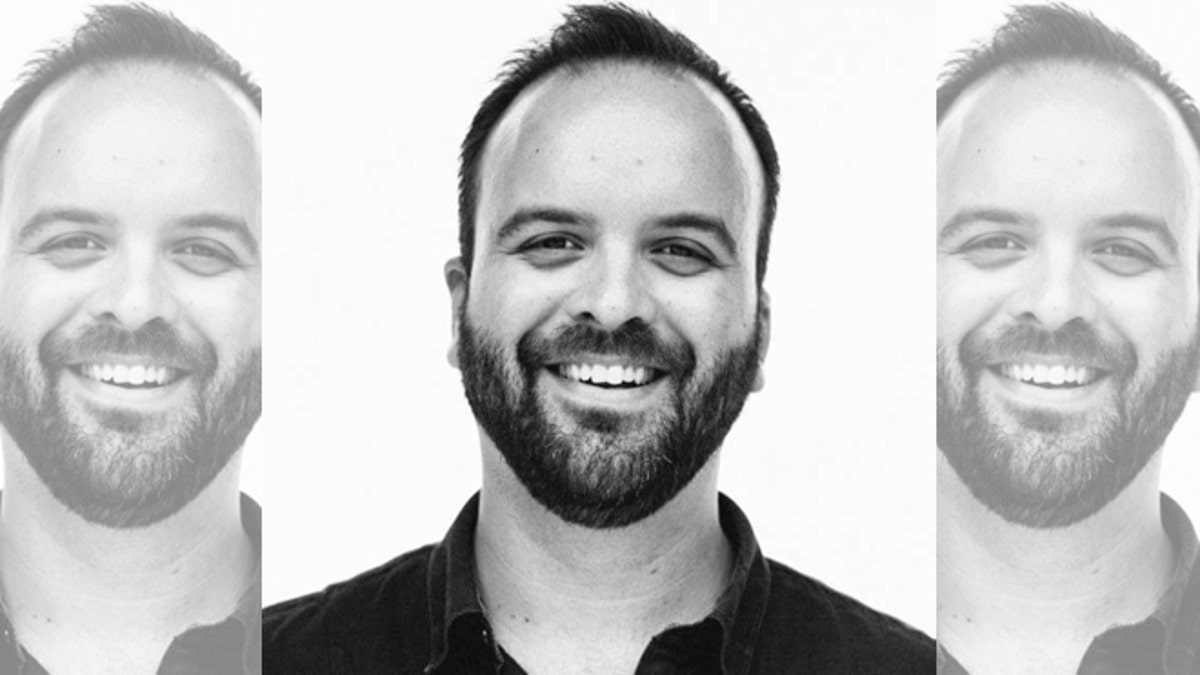
At LabMiami, a technology business incubator located in Miami’s trendy Wynwood neighborhood, Ric Herrero wages a national campaign using traditional and social media that has played a significant role in thawing frosty relations between the United States and Cuba. As executive director of #CubaNow, Herrero is the public face of an organization backed by prominent Cuban-American businessmen in Miami who want to end the embargo.
“Several individuals, myself included, thought it was time to make an aggressive move to change the U.S. policy toward Cuba during Obama’s second term,” Herrero said. “We launched last April to send a clear message to the White House.”
That message was first delivered via posters on Washington, D.C., subway cars showing Obama and blaring the headline, “Stop Waiting.”
#CubaNow followed up by sending the president a letter on May 15, 2014, urging him to use his executive powers to lift travel restrictions, allow American businesses to support independent Cuban entrepreneurs and expand the country's telecommunications infrastructure, among a slew of other reforms.
Signed by 78 individuals from the Republican and the Democratic parties, the letter included several heavyweight Cuban-American players such as former Miami City Manager Joe Arriola, former U.S. Ambassador Paul Cejas, sugar barons Alfonso and Andres Fanjul and healthcare executive and longtime Bush family ally Mike Fernandez.
The goal, Herrero said, was to drive home a new narrative that a majority of Cuban-Americans oppose the last 51 years of isolationism. “Change will only come from within Cuba,” Herrero said. “By expanding the flow of commerce between U.S. businesses and the Cuban people, they can be in a better position to demand greater changes from the Cuban government.”
The letter helped convince the Obama administration that Cuban-Americans were onboard with his plan to start discussions with Cuban President Raúl Castro, said Ralph Patino, a lawyer based in Coral Gables who is one of #CubaNow’s founding members.
“This notion that the president didn’t consult with Cuban-Americans in Miami is not true,” Patino said. “The administration had boots on the ground, talking to individuals like myself and getting feedback from us.”
During his first trip to the island in early 2014, Patino recalled, he realized it was time to end the exile hardliner approach.
“Living in Miami, you are conditioned into thinking you are going to find extreme oppression and extreme misery in Cuba,” Patino said. “To the contrary, I found people to be optimistic about a future relationship with the U.S. To make change possible, we have to open up our trade borders and allow for the free exchange of ideas.”
Over the summer, #CubaNow gained momentum. Herrero met twice with officials from the Obama administration in Washington, D.C., and Miami.
During both encounters, Herrero said, he discussed three objectives: Empowering the Cuban people, applying pressure on the Cuban government to embrace greater democratic reforms and advancing the interests of the U.S.
However, Herrero said, he was not privy to the negotiations between Obama and Castro that led to the historic agreement in December to swap political prisoners and begin the process of reestablishing diplomatic relations.
“We knew as far back as September that something was in the works,” Herrero said. “But we had no idea of the breadth and scope of what Obama laid out in December. We were surprised by how bold the president’s move was.”
As U.S. state department officials have continued talks with the Cuban government, Patino said he wants to see #CubaNow stay on the offensive. “We need to keep pushing back the old dogmatic thought process that we should maintain the embargo,” he said. “I’d like to see #CubaNow become the go-to organization for congressional delegations that want to visit Cuba.”
To that end, #CubaNow is establishing relationships with members of Congress who want to end the embargo, Herrero said.
“Most of the resistance is from the Cuban-American members of the south Florida caucus who have never really been challenged about their opposition,” he said. “However, we are looking forward to working with other members of Congress on both sides of the aisle who want to change U.S. policy toward Cuba.”




